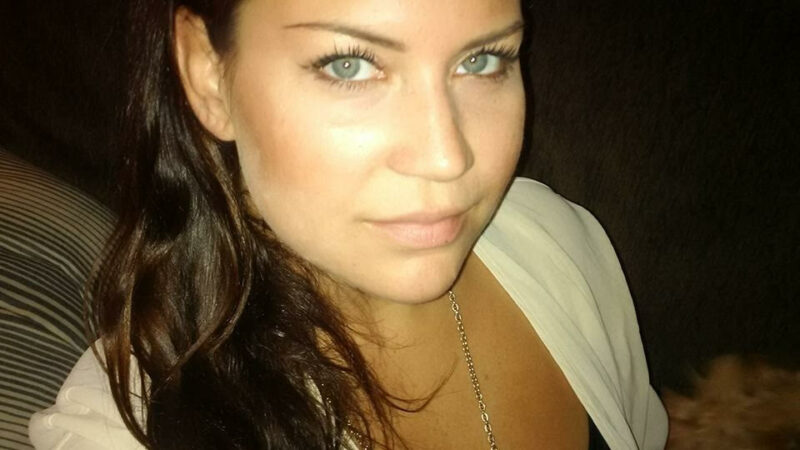
Tiare Aubryn Fenrich
Occupational Therapist | Martensville, Saskatoon
Tiare Fenrich is a graduate of Otago Polytechnic in New Zealand, having earned a Bachelors of Science degree in Occupational Therapy in 2008.
After graduating, Tiare spent her first two years of practice in Dunedin, New Zealand and worked as an OT supporting adults with severe mental illness; to reintegrate into the community from a Forensic Rehabilitation Facility, called Te Korowai Whariki. She then spent the next eight years in Calgary at Adult and Geriatric Community Mental Health, serving adults with severe and persistent mental illness in their homes and in long term care. She then returned to her home province of Saskatchewan, working four years at the Saskatchewan Hospital and has more recently been working at the Regional Psychiatric Center in Saskatoon for the past two years.
Tiare has experience working with people who have a variety of diagnoses including Schizophrenia,
Tiare has taken additional training in:
- Interactive Drawing Therapy
- Trauma, Distress, and Sensory Approaches in Adult Mental Health
- Dialectic Behaviour Therapy
- Cognitive Behaviour Therapy
- Cognitive Behavioral Social Skills Training
- Understanding Dementia (University of Tasmania)
- P.I. E.C.E.S Training
- Transference Focused Psychotherapy for Borderline Personality Disorder
- Provincial Concurrent Capable Learning Series
- American Sign Language (Level 1)
- First Aid and CPR
- Non-Violent and Crisis Intervention Training
- Calming and Restraint
Tiare currently resides in Saskatoon and is a registered member of the Saskatchewan Society of Occupational Therapists, as well as the Canadian Association of Occupational Therapy. She is committed to delivering quality care to both clients and caregivers, with an individualized; client centered focus on recovery.
My approach to Occupational Therapy is focused on client centered care. I treat each person as a unique individual and believe you cannot base treatment and interventions solely on a person’s diagnosis. I have excellent observational and interviewing skills that helps me during the assessment phase to reach a well-rounded conceptualization of the person. With that, I consider the environment and how that impacts on their ability to perform activities and engage in the occupations that are meaningful to them. Domains of particular interest to an occupational therapist involve increasing the client’s ability to perform self care, productivity and leisure; with the aim of increasing independence. The client’s interests are very important to me, as often their interests are incorporated into their treatment. I am a firm believer in the recovery model, which asserts that the client themselves are participants and drivers in their own recovery. Recovery does not mean that someone is completely cured of all symptoms, but rather, they understand their illness, triggers, early warning signs, what keeps them well and that they can live a fulfilling life, doing things they enjoy. For children and adolescents, I focus on zoning in on their strengths and building them up, whilst shaping behaviours through a therapeutic relationship; reinforcing what they are doing well, and shaping behaviours that are interfering with their ability to function to their fullest potential. My personal style is to incorporate the arts into treatment, to allow for creativity, inspiration, and joy, as I have a background in painting, dancing, and singing. As a leader, my goal is to build confidence in my clients and help them discover their true potential.
The types of assessments I can offer include, but are not limited to:
- Sensory Profile Assessments
- Cognitive screens
- Functional Kitchen Assessments
- Task analysis
- Informal observation through play
- Independent Living Scale
- Interest checklist
- Screening tools to assist in uncovering symptomology and need for further diagnosis
The kind of interventions I can offer include, but are not limited to:
- Graded exposure in the community
- Action over inertia (activity activation)
- Cognitive Behavioural Therapy in conjunction with activity
- 1:1 cooking sessions through home visits
- Interactive Drawing Therapy
- Skills training for self-care and independent living skills
- Environmental modifications
- Sensory diet interventions